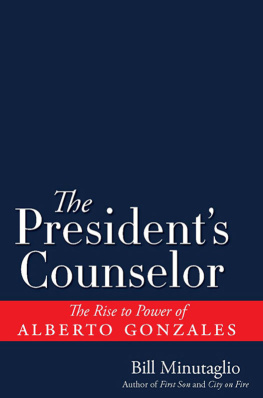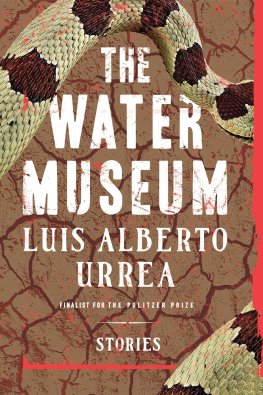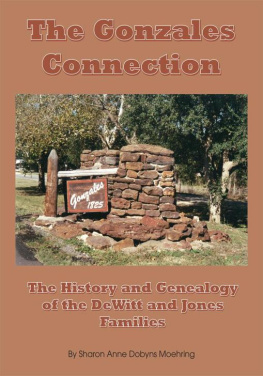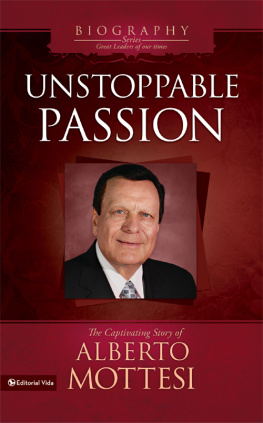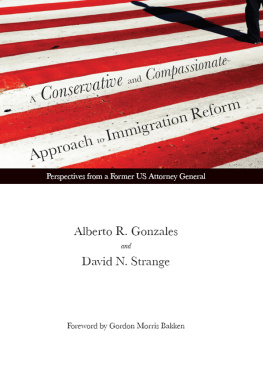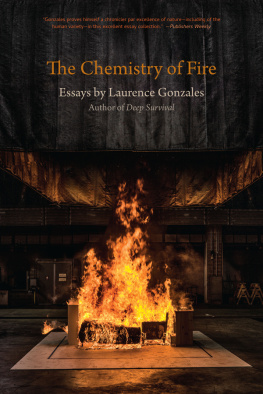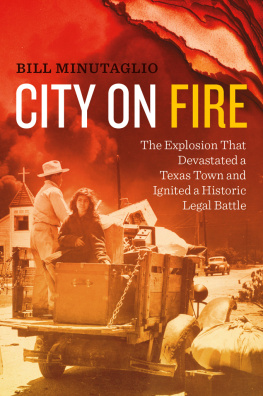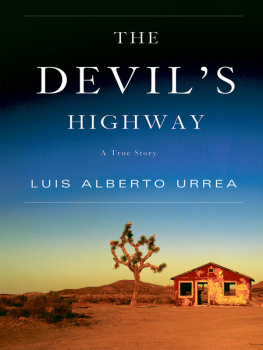A fter several months of research and more than two hundred interviews with colleagues, close friends, and fierce critics, a clear pattern was emerging: Alberto Gonzales had been crafting and processing the most secretive and controversial directives in modern U.S. history, but he had somehow managed to remain the most hidden member of the Bush familys inner circle. This work is an examination of his life up through his tenure as counselor to President George W. Bushup until the moment he was sworn in as attorney general of the United States. A future work will address his time as head of the Department of Justice; for now, this book charts his path to power and the deliberately guarded work he did for the Bush family and inside the Bush White House.
He truly was the presidents counselorand all that that Faustian bargain meant and implied. He was first entrusted with long-hidden Bush family secrets and then entrusted with the blueprints for addressing the most grave matters facing twenty-first-century America. The fact that he once held the deep confidences of a man who would become presidentand then became the point person for finding the means to prosecute the new war on terrorwas all the more remarkable because of his background. He had only entered public service in the mid-1990s. His early years as the son of impoverished migrant workers in a place called Humble, Texas, hardly hinted at the hotly debated and clandestine work he would doand the wicked, international ramifications of that work.
This book began years ago, as an outgrowth of my biography First Son: George W. Bush and the Bush Family Dynasty. In one review of that book, political columnist David Broder wrote that he could discern no evident biaseither adulatory or cynical. This biography was written with that goal again in mind. Too, as in my biography of Bush, I attempted here to recognize the way Gonzaless roots influenced his later behavior: Gonzaless story is linked to class and race in ways that separated him from Karl Rove, Karen Hughes, and other Bush family loyalists. Unlike those others, he wasnt a political junkie, he wasnt an overt political activist, he wasnt one to spar and play games with political reporters.
He was the in-house counselorthe keeper of confidences, a figure who aggressively pursued discretion. At one point, someone told me that Gonzales was like a man who always seemed to be holding something inside, like someone whose skin practically bulged with all the confidences he had accumulated. That person added that each time he envisioned Gonzales, he drew a mental picture of him leaning over and whispering to someone. That person suggested that if Gonzales ever sat for a portrait, it should be rendered in the manner of Rembrandts The Evangelist Matthew with Gonzales as the mostly hidden, gauzy figure hovering behind the more clearly depicted and important-looking man in the foregroundand resting a few fingertips on the important mans backand leaning in to murmur in that mans ear.
As might be expected of the associates of someone whose life is, rightly or wrongly, defined by his discretion, many who knew Gonzales only reluctantly came to the phone for interviews. In the end, there were numerous in-depth interviews with a former Cabinet official, exWhite House staffers, next-door neighbors, high school friends, guidance counselors, teachers, corporate clients, law school classmates, former Texas state officials, high-ranking former military commanders, death penalty advocates and foes, constitutional experts, members of the clergy, law partners, and even old sports coaches. Research reached into Alaska, Washington, Texas, Colorado, Massachusetts, and New York. Thousands of documents, including Gonzaless military records and his work on dozens of death penalty cases, were obtained under the Freedom of Information Act and the Texas Open Records Act. From August 2005 until February 2006, an endless stream of questions was directed to his office at the Department of Justiceemphasizing that this book would concentrate on his life up until the time he was sworn in as attorney general. All but a handful of the most benign inquiries went unanswered. At one point, I was quietly pressed to share my work-in-progress with the attorney general, perhaps in exchange for answers to my questions. That proposal was declined.
Truth be told, I was initially surprised at the hushed proposal to share my work. But it made sense, in a way, as my work grew ever more complicated by each new revelation about Gonzaless secret memos, programs, and meetings during his tenure as Bushs counsel in both Texas and in Washington, D.C. It was, of course, his personal style and the nature of his work, and the nature of the post-9/11 environment in the White House, to barter in confidences, to move from shadow to light. His life, personally and professionally, has been defined by a series of trades and trade-offs. He has been, in the end, a political chiaroscurist.
In 2006, as I was concluding this look at his life from 1955 to early 2005, he was facing bruising, unforgiving lessons about the curses and blessings of living life as that whispering voice behind the throne. The presidents counselor had been accused of corrupting cherished civil liberties and staining the reputation of Americaand he had at the same time been hailed as an authentic American success story. Then on a profound and personal note, he would tell CNN in the spring of 2006 that it was unclear if his grandparents had come to the U.S. legally from Mexico.
He had gone far beyond Humble.
Bill Minutaglio, Austin, June 2006


